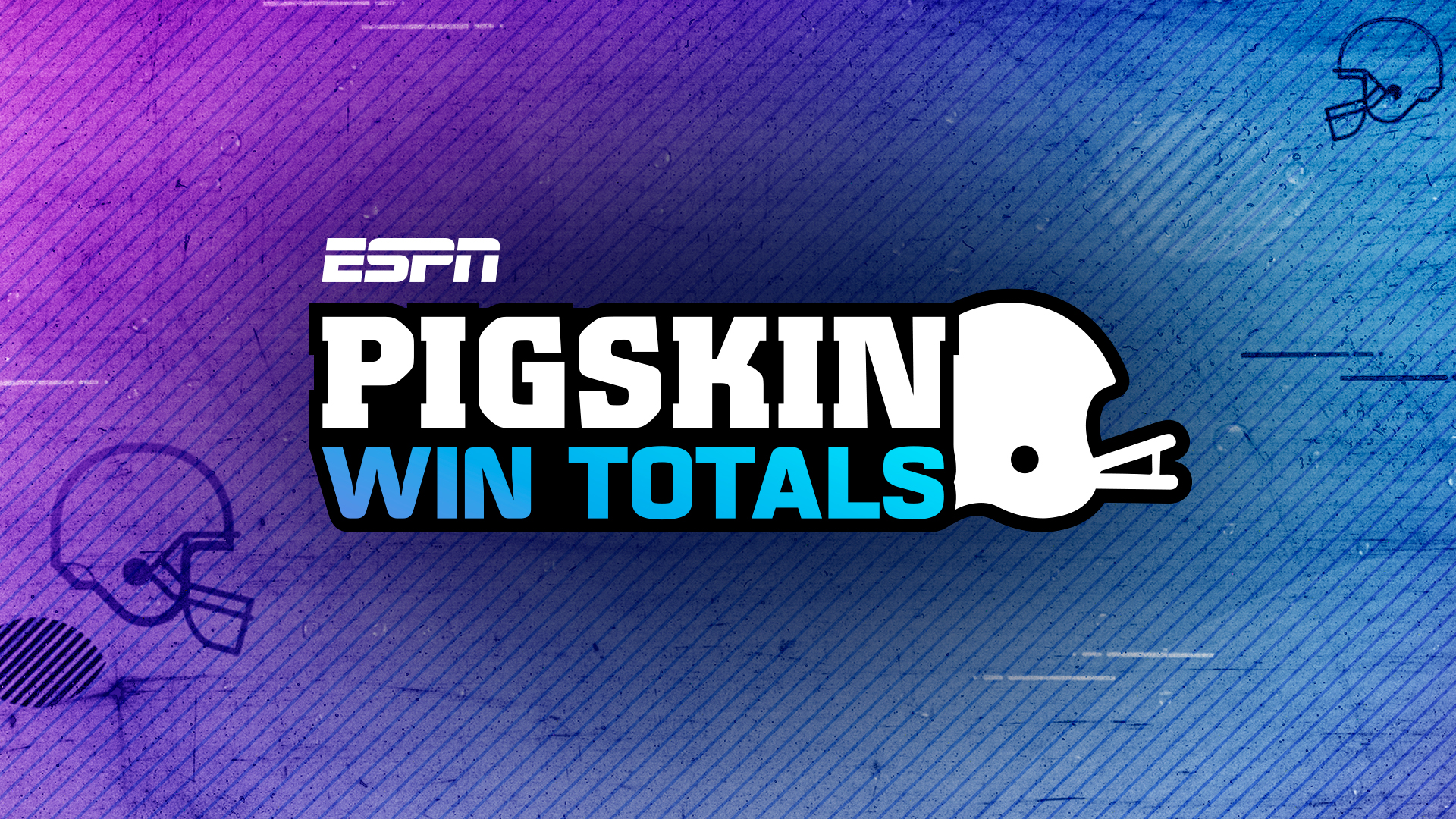Fantasy football X factors: Eight players who could be difference-makers in 2023
Mike Clay and Field Yates dissect Tony Pollard’s fantasy projections in relation to an increased workload this season. (1:22)
Soon after posting my initial 2023 fantasy football PPR rankings after the NFL draft, I put together a list of players who possess considerable upside but about whom I have questions with regard to their fantasy outlooks.
The offseason is heating up and it’s the perfect time to kick off your fantasy season. Create a league and customize league size, scoring and rules to play in the league you want to play in.
These players are capable of big seasons due to their traits, scheme fit and potential opportunity. The questions stem from various factors, including anticipated weekly volume and offensive deployment. The mix of potential and uncertainty is why I consider them fantasy X factors this season.
There are some big names below, too. Guys you might not usually place in an X factor conversation. But as you’ll see below, I have my reasons for their inclusion.
![]() Justin Herbert, QB, Los Angeles Chargers
Justin Herbert, QB, Los Angeles Chargers
Herbert has top-five upside at the position if we see a Chargers offense — under new coordinator Kellen Moore — that caters to the quarterback’s high-end physical tools. In ’22, while playing in a system built on rhythm throws from the pocket, Herbert finished 15th among QBs with 16.5 fantasy points per game after finishing second the previous season. And he carried the ball on only 27 designed rushes last season. With the addition of explosive rookie wide receiver Quentin Johnston to complement a proven group of skill talent in L.A., Moore could really boost Herbert’s fantasy production here. Bump the vertical element in the pass game, use movement concepts and deploy Herbert on designed rushes in the low red zone.
![]() Najee Harris, RB, Pittsburgh Steelers
Najee Harris, RB, Pittsburgh Steelers
Harris is a volume grinder who will carry the ball behind an offensive front in Pittsburgh that added upgrades through free agency and the draft. That’s a positive for a back that should see more than 250 carries again. But where did the target volume go for Harris? Last season, he saw 53 targets, down from 94 in 2021. And he averaged just 13.1 PPR points per game (RB19). He needs more looks as a receiver to jump out of the mid-tier RB2 ranks in PPR formats.
![]() Mike Evans, WR, Tampa Bay Buccaneers
Mike Evans, WR, Tampa Bay Buccaneers
It’s about the transition from Tom Brady here. And we can all see it. With Brady, Evans was a three-level target in the pass game. Fade balls outside the numbers. The intermediate in-breakers. Three-step concepts, too. Evans produced eight games of double-digit PPR production last season and finished as WR17. With Evans now slated to catch passes from either Baker Mayfield or Kyle Trask, however, he currently sits at WR29 in my ranks. His fantasy upside isn’t what it once was and it may be limited to that of a WR3 — with a reduced route tree.
![]() Aaron Rodgers, QB, New York Jets
Aaron Rodgers, QB, New York Jets
I’ve changed my fantasy draft philosophy on quarterbacks, targeting players with mobility. That’s also why I’m writing on Rodgers here, because we know he is set up to produce as a passer in New York. We can point to the seamless transition in coordinator Nathaniel Hackett’s system, the Jets’ receiving talent, led by Garrett Wilson, who I think is primed for a breakout year, and Rodgers’ upper-level traits as a thrower. But with the low rushing totals Rodgers can be expected to log at this stage of his career (94 rushing yards last season), let’s see if the veteran throws with enough volume and production to jump into the QB1 discussion this season.
Take your shot at picking win totals for all 32 teams for a chance to win up to $10,000!
Make Your Picks
![]() Dalton Kincaid, TE, Buffalo Bills
Dalton Kincaid, TE, Buffalo Bills
We all know the drill with rookie tight ends. But this is more about deployment for Kincaid in an explosive Bills offense with Josh Allen throwing the ball. Look for more two-TE sets, with Kincaid seeing targets from slot or wide alignments. He can be a seam stretcher for Allen versus the split-safety coverages Buffalo will see this season, and I think Kincaid can also be deployed as a backside X receiver (which includes red zone snaps). Even with Dawson Knox slated to be the No.1 tight end for the Bills this season, Kincaid’s formation flexibility does create intrigue here, as the rookie has the traits to run a route tree with wide receiver elements.
![]() Khalil Herbert, RB, Chicago Bears
Khalil Herbert, RB, Chicago Bears
Herbert is a solid pro back. Decisive with the ball. Good vision. The contact balance pops here, too. Herbert averaged 5.7 yards per carry last season, while also logging 22 rushes of 10 or more yards. But even with David Montgomery moving on to Detroit, we have to see if Herbert can generate enough situational rushing volume, plus impact the pass game, in a now-crowded Chicago running back room. D’Onta Foreman has downhill juice at the goal line, Travis Homer can catch the ball out of the backfield, and rookie Roschon Johnson is a powerful runner who could emerge quickly this season. Herbert’s fit in the Bears’ run-heavy offense does create RB2 potential in fantasy. But the competition for carries in Chicago, plus his limited receiving numbers (23 career receptions), could force Herbert down as a matchup-based flex option this season.
![]() Brandin Cooks, WR, Dallas Cowboys
Brandin Cooks, WR, Dallas Cowboys
My WR35 in the rankings, Cooks has explosive-play ability as a vertical stretch target, with the dynamic traits to produce after the catch. He’s a rapid accelerator in space, now. And the fit works with the Cowboys, where Cooks can win that No. 2 role opposite of CeeDee Lamb. In 13 games last season, playing in a subpar Houston offense, Cooks averaged 11.2 PPR points per game, a number that could jump in Dallas with the quarterback upgrade, especially if the veteran wide receiver sees more targets from Dak Prescott in scoring position. Over the past two seasons with the Texans, Cooks saw a total of 20 red zone targets. Elevate that number, in addition to the schemed shot plays in Mike McCarthy’s offense, and Cooks could surprise this season.
![]() Devon Achane, RB, Miami Dolphins
Devon Achane, RB, Miami Dolphins
I’m all-in on Achane’s pro fit with Miami and head coach Mike McDaniel. Home run speed. Lateral quicks. Receiving traits. Achane can be utilized as a motion/movement player to see the ball on fly sweeps, screens and reverses. Pass-game deployment matters here, too. And don’t sleep on his ability to press the perimeter as a runner. He can go. But with Jeff Wilson Jr. and Raheem Mostert on the Miami roster, are there enough offensive touches here for the rookie to carve out a consistent fantasy role in ’22? The skill set works. But, as is always the case in fantasy, this is really about volume.

